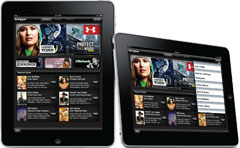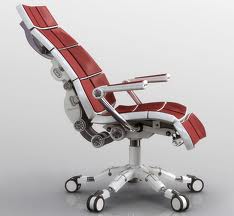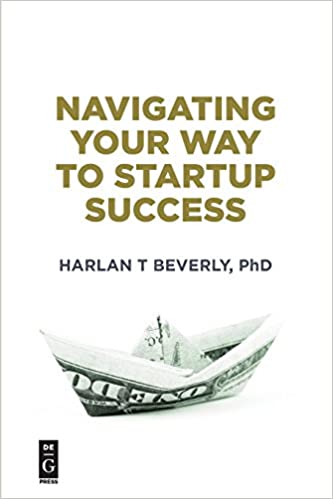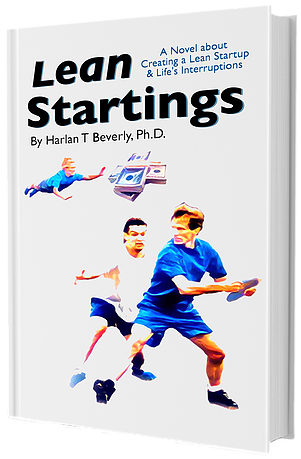“So, clearly Karmaback has speed, responsiveness, and price going for them,” Carol says, “but Wildfire looks to have more clients.” “So, Adam, which Sweepstakes company are we going to go with? Karmaback or Wildfire?”. Carol looked on, red eyes staring, heart pounding faster than it should, and clearly stressed.
Adam looked back wide-eyed and confused. “Carol, we’ve just started looking at options, we have weeks yet before we need to decide.” Adam is confused because he asked Carol to find a good Sweepstakes company only yesterday. Where is all this angst coming from? What is the rush? The deadline is months away.
A few days later, Adam has learned more about Wildfireapp and Karmaback and now his eyes are red, palms too sweaty. “They both have positive aspects,” he says, “lets just pick one and be done with it.”.
WAIT!!!!!!!!!!!!!!!!!!!!!!!!
This is classic cognitive dissonance causing an irrational behavior. Is “just pick one” really a good way to make an important business decision? After you’ve picked one, the next thing is rationalization and confirmation bias and a whole bunch of other “post-decision” justifications. Why? The angst is over, now you have to justify that you are a rational person… even though you just weren’t.
When faced with tough decisions social experts believe that cognitive dissonance causes humans that hold different conflicting possibilities in their heads get added stress and discomfort while the two are debated. This leads to a “rush” to find an answer in order to “reduce dissonance” and the discomfort of indecision.
There is only one way I know of to confront and defeat the cognitive dissonance of decisions… creating decision criteria. No, the cognitive dissonance is not “gone”, we humans still feel it… it still presses on us. However, as business people, we have to at least TRY to make rational decisions. It’s why we are leaders, managers, and in the game in the first place.
So, to defeat the angst of decision making, you can only make as rational a decision as possible with criteria that make sense.
Here are the steps that work for me:
1.) ignore all data collected so far. Just forget it. save it for later in the process.
2.) imagine you have no data, and create a “table” or list of information you would LIKE to have about all the choices prior to making a decision.
3.) select which data are “go/no-go”/ must-have items. and circle them.
4.) collect data, get samples, find as many options as you can… and fill out the table.
5.) eliminate all choices that are “no-go”.
6.) evaluate the remaining choices FAVORING the ones that you have more data for…. (better to know than to guess). *THIS STEP IS CRUCIAL. If you are having trouble collecting data for an option, in my experience, its not a very good option.
7.) pick the best choice based on the data you collected and the criteria… in the event of a tie, pick the one that contacted you/you got data for first. (Speed matters).
Enjoy.
Decision made.
Dissonance over.
And you made a rational decision in the face of stress.
Nice job Adam and Carol, you rock.
You must have picked Karmaback 🙂






